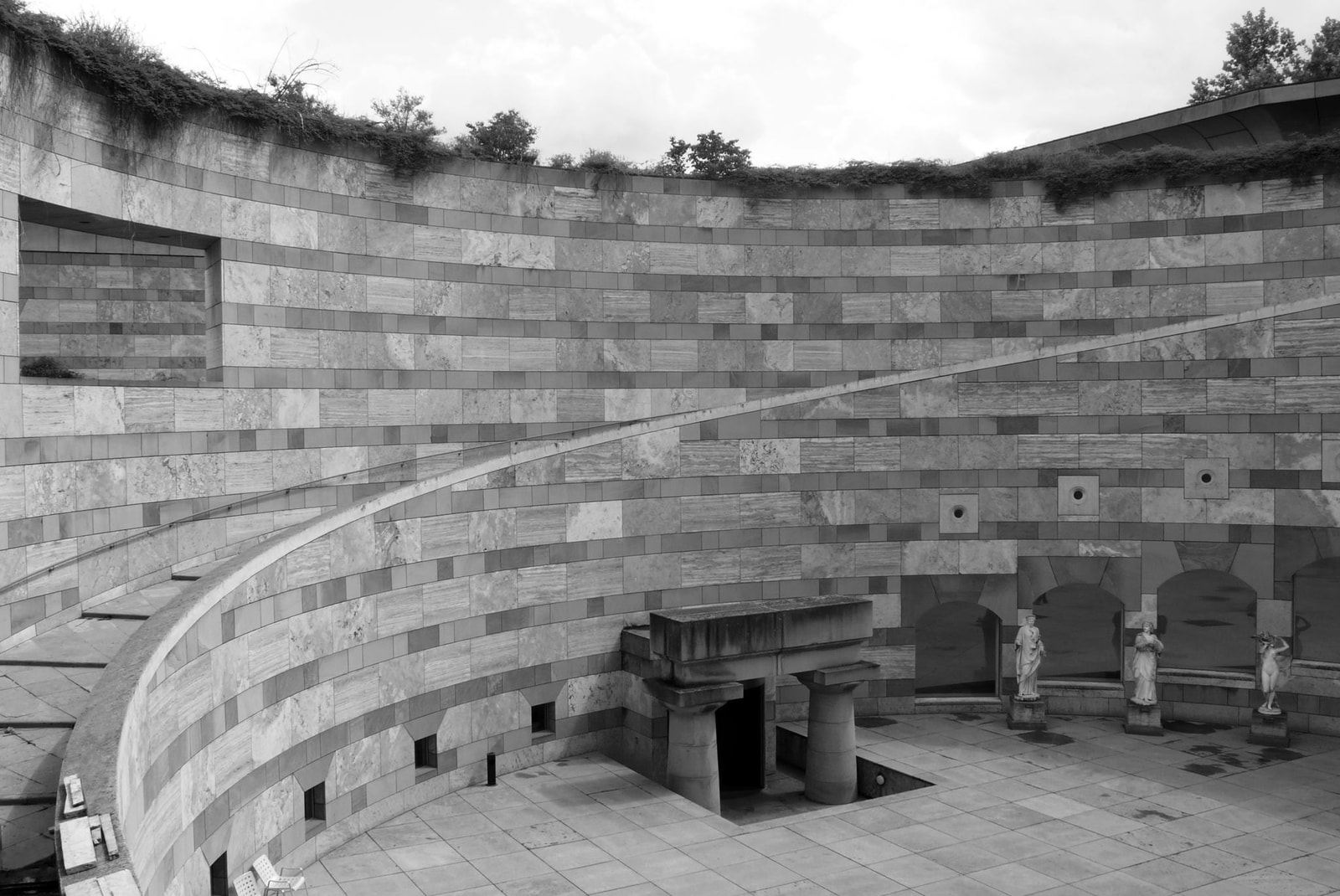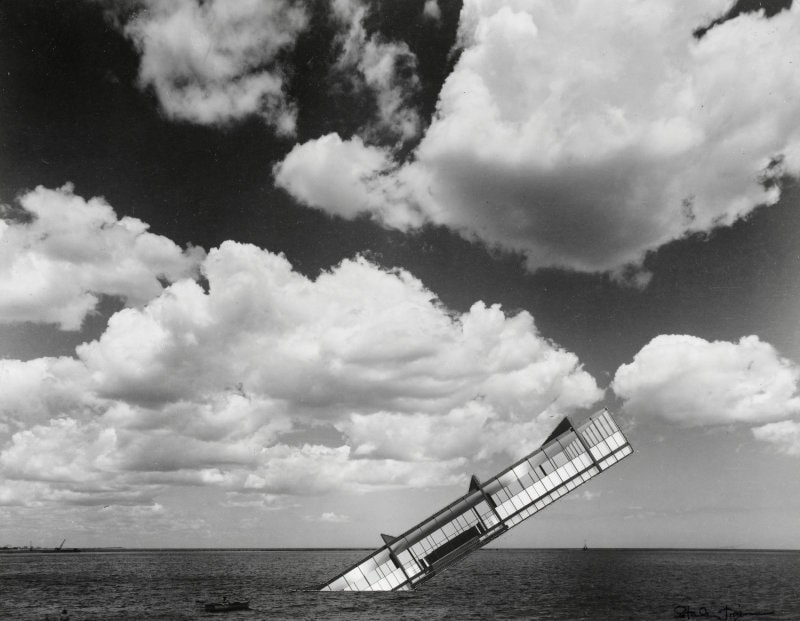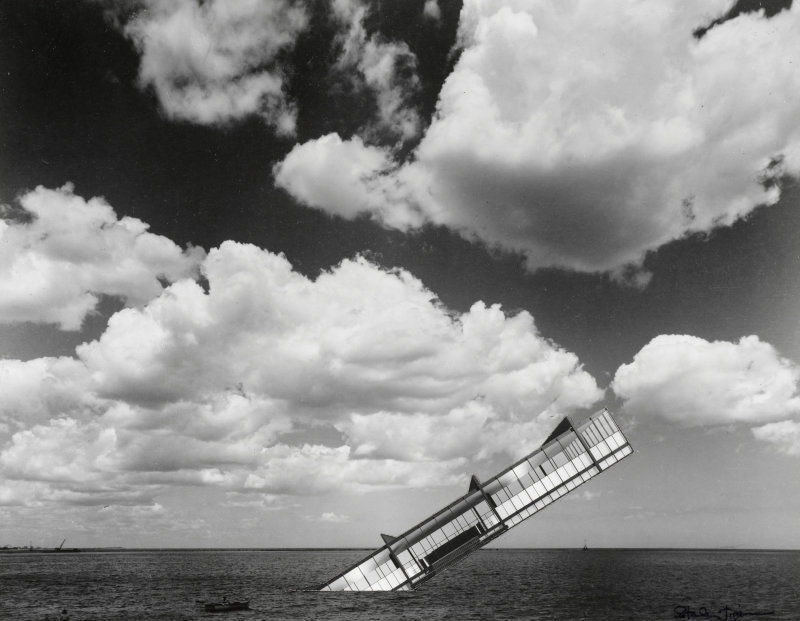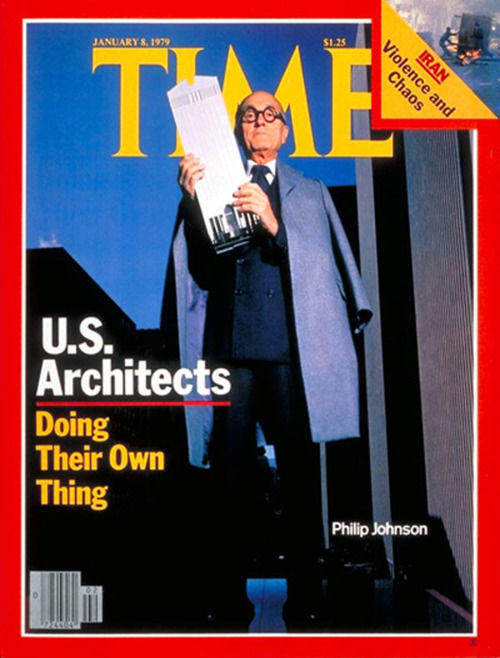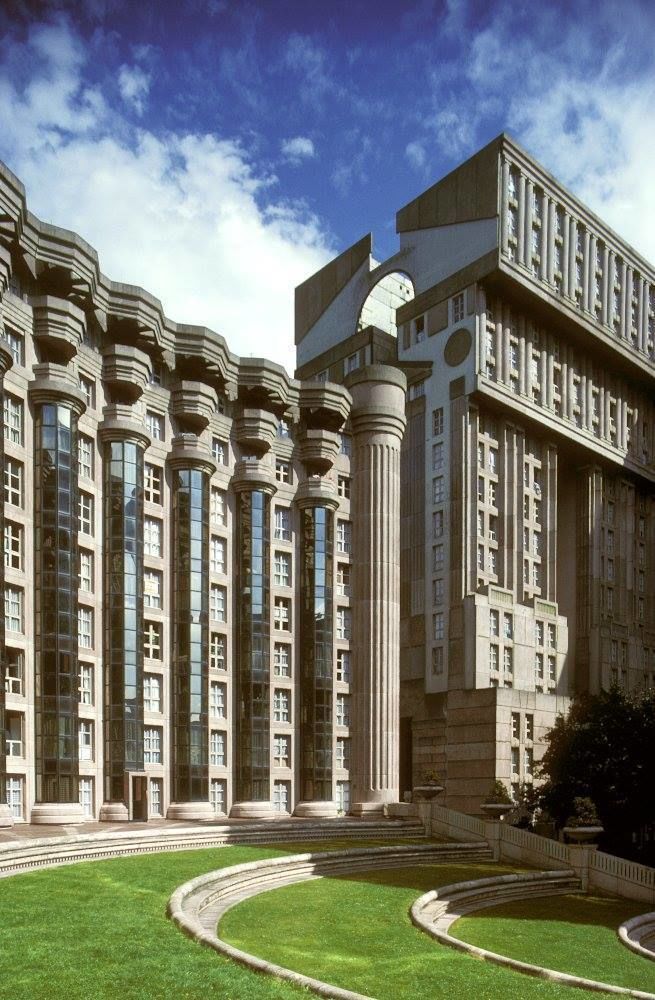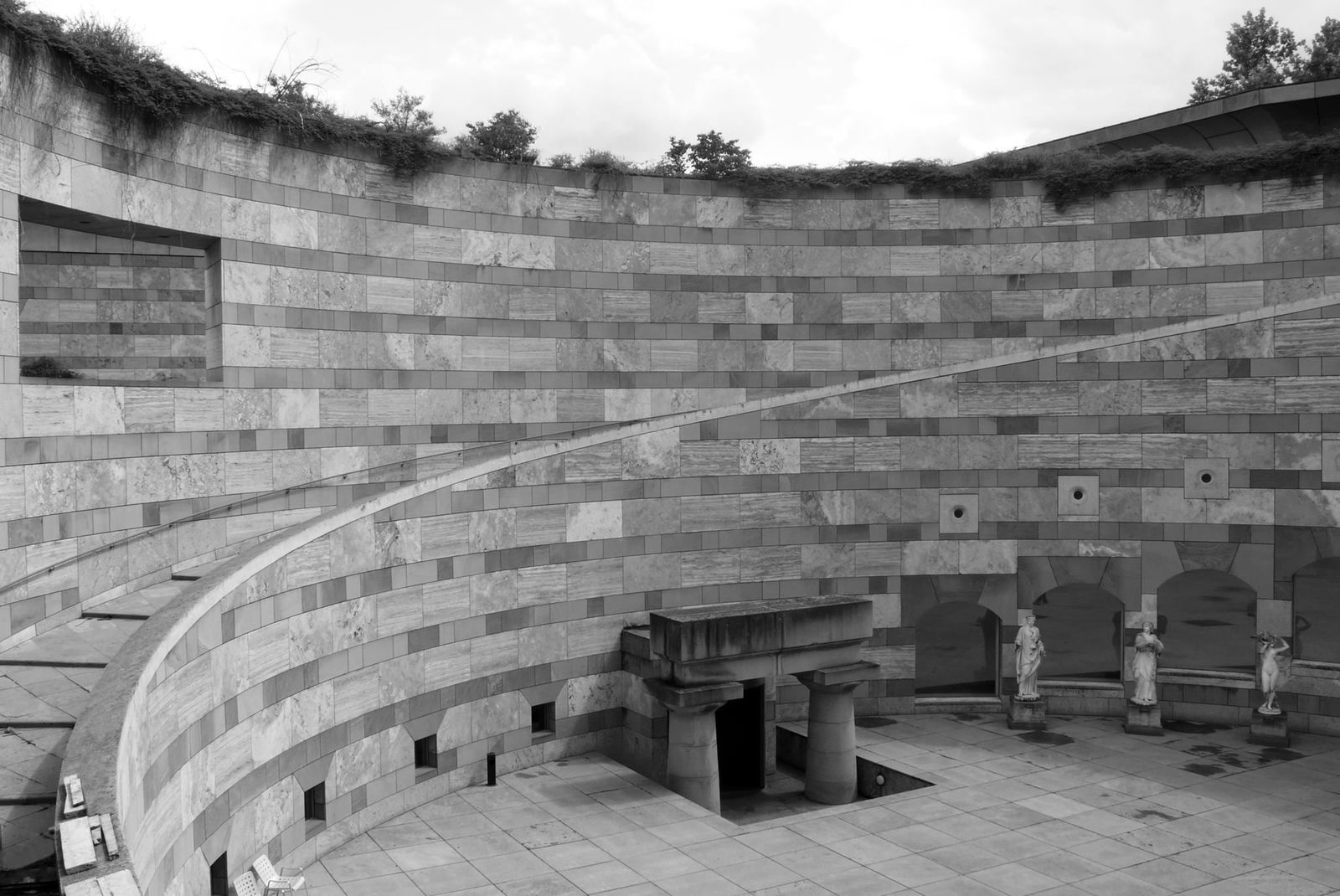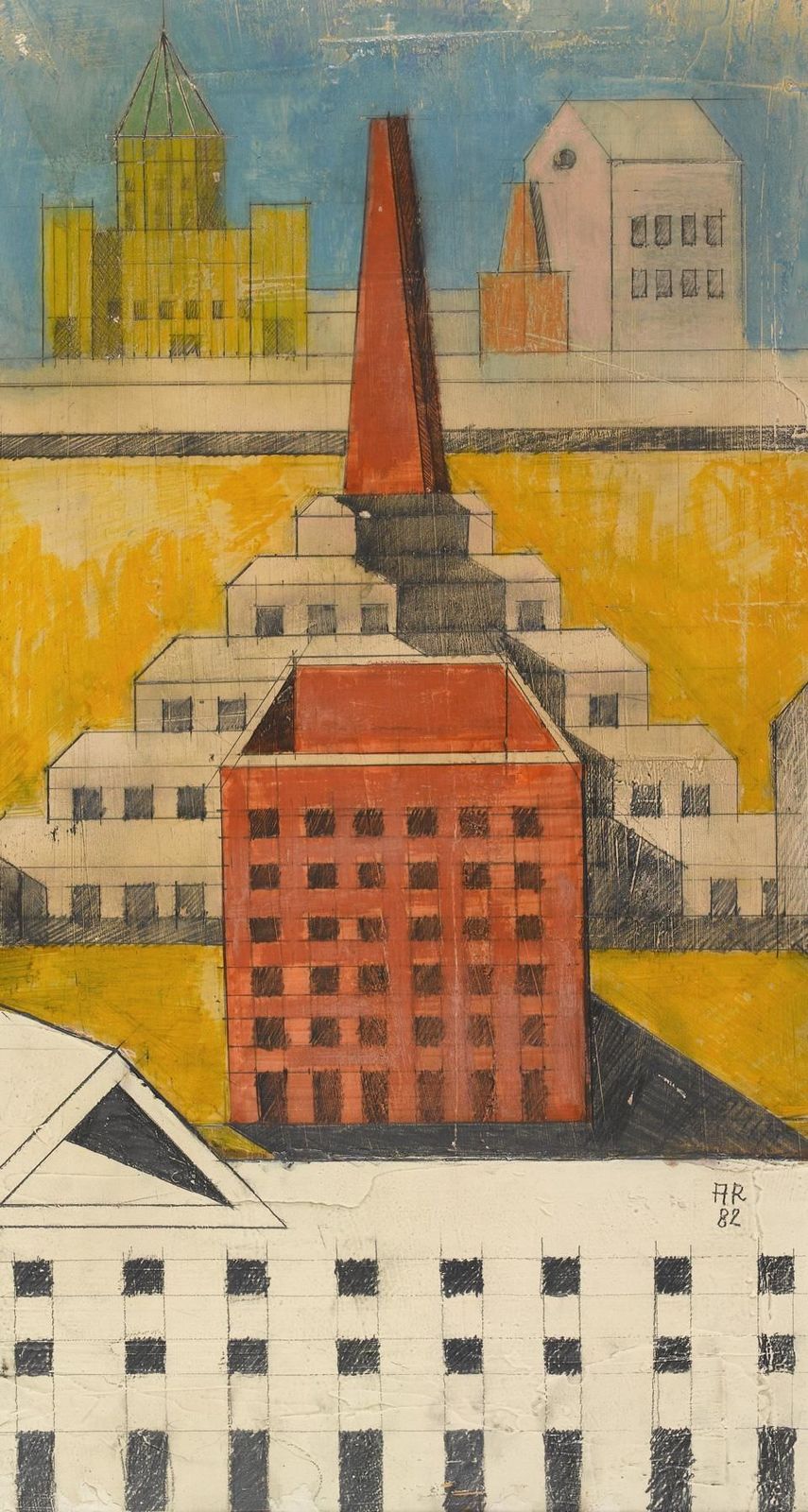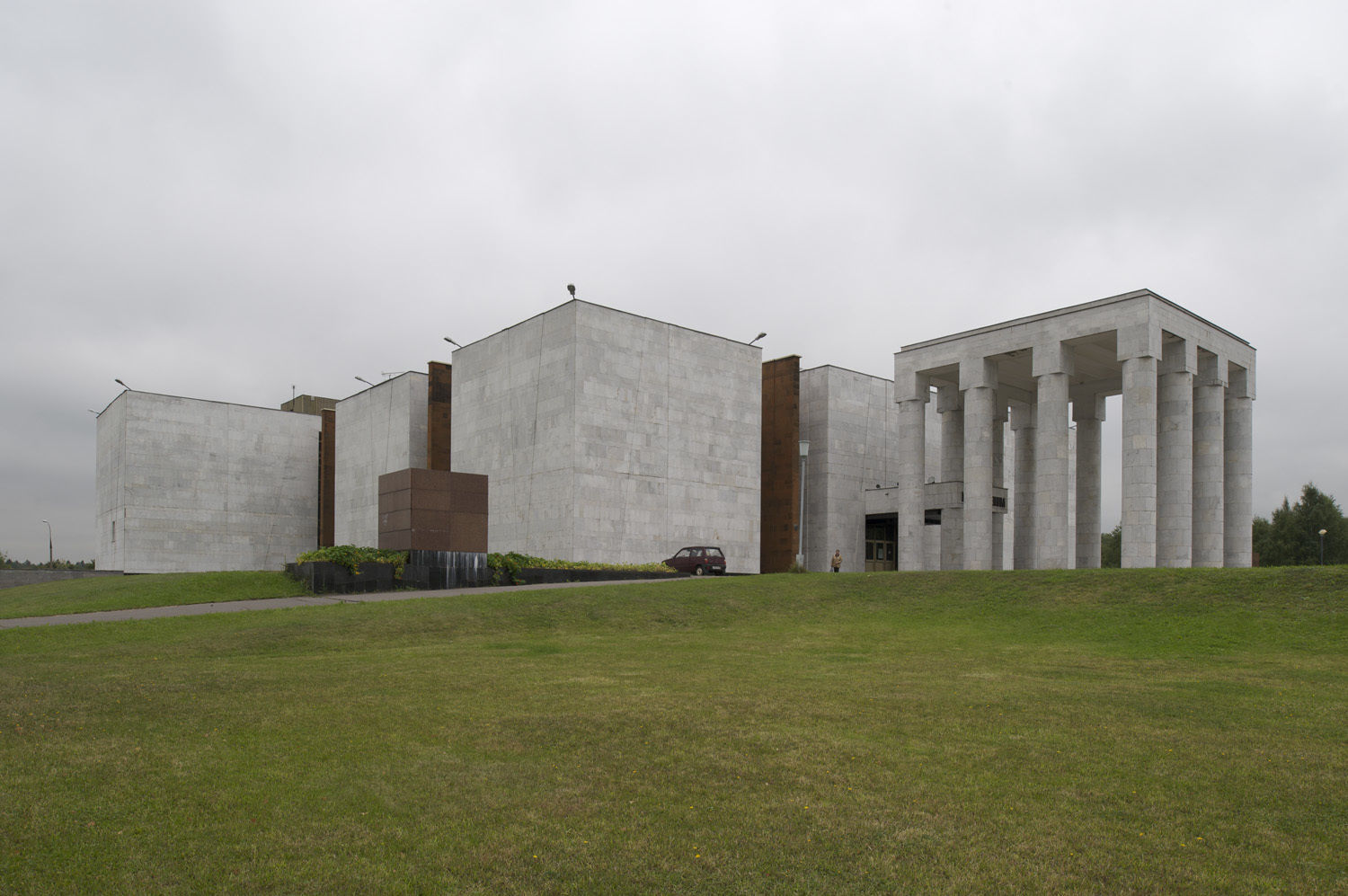This lecture is devoted to the social aspects of the post-war architecture: affordable housing and infrastructure projects. One of the key styles of the new age is brutalism.
By the 1970s and especially the 1980s, the virtues of Modernism turned into flaws in the public mind: the audacious scale was perceived as inappropriate, and "honesty" of materials viewed as roughness. The city highways, which had seemed to their creators to guarantee freedom of movement, were now deemed to divide the city into dissociated enclaves and to cause the degradation of adjacent districts. The conservative governments that came to power in most Western countries ceased to maintain social projects, and large residential complexes that had held much promise turned into ghettos. Sinking social optimism made people look nostalgically to the past and to re-evaluate the historical urban environment. In 1977, the American architect Charles Jencks proclaimed the death of Modernism and introduced the new era of Postmodernism. The proponents of Postmodernism insisted that regional and local architectural features held much more importance than international faceless consistency, and that traditional building in the streets and squares, with sufficient public facilities, would meet the needs of urban residents much better than open city planning. In their opinion, people were attracted to ornaments and “talking” architectural forms, and Modernists who rejected these as in bad taste were simply snobs.
This lecture will include the works of Ricardo Bofill, Robert Venturi, Frank Gehry, Michael Graves, Philip Johnson, James Stirling, and others.
